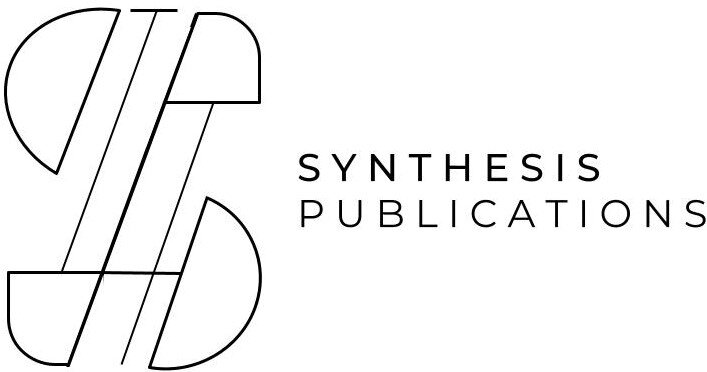Bridges
Two-Headed Calf
Laura Gilpin
Tomorrow when the farm boys find this
freak of nature, they will wrap his body
in newspaper and carry him to the museum.
But tonight he is alive and in the north
field with his mother. It is a perfect
summer evening: the moon rising over
the orchard, the wind in the grass. And
as he stares into the sky, there are
twice as many stars as usual.
And I swear, in the hollow under the bridge, there are twice as many raindrops as there should be.
We sit across from each other, backs pressed to spraypainted cement. Across the river, church bells chime. I can see the deep shadows under my eyes mirrored in hers as we eat soup from paper bowls, trying to be okay. The misty storm shimmers with life around us, and I find solace in the poem, in its tragedy and warmth. Around us, the winter shifts into blossoming spring. We are both tired and aching. We spent last night on a call to make it through the darkness too heavy to sleep under, but somehow, the rain on the water is still beautiful.
I am continuously shaken by the depths of the world, the contradictions. There are perfect summer evenings. There are dead calves in museums. My friend and I close our eyes to the slender branches of slipping winter sun, and I recite the poem to her as I lift my face to the sky sprinkled with spring rain. The shimmering snow seeps into rounds of meltwater, myriads of midday stars, and I’m thinking of things there are two times too much of. Calf heads. Faces hollowed by sleeplessness. Eyes studded with tears, vision doubled in the mist.
I don’t remember the first time I read “Two-Headed Calf”. But the poem has stayed with me. On the first day of my poetry class, I read it to my peers. One of my classmates nods for a few moments, quiet. That poem has always felt like queerness to me, they say. Throughout the class my friend and I joke that knowing other poets is odd because you know only the barest parts of someone’s life– their labyrinths of pain, love, alienation, wonder. Slowly, we all lay out our own two heads, the reasons our poems have as much ache as they do beauty.
In drama class, we create a performance to a recitation of the poem. We centre it around life and death. We use umbrellas to make blinking eyes, jellyfish, flowers, we cast colour over ourselves with a projector. My classmates catch me as I fall from a box. They lower me to the ground and wrap me in a sheet as when the farm boys find this freak of nature, they will wrap his body in newspaper echoes across the stage. We end the performance by unfurling spring leaves from opening umbrellas. There is life wherever there is death. There is warmth alongside pain.
There are so many ways we fall apart. The darkness is forever creeping in, but the brightness still exists. Which is why I find myself reciting the poem to myself, over and over. My life has taken shapes I never thought it would, I’ve survived tragedies I never thought I would. The poem lives on my lips as I wait for buses and trains, flit through hospitals and homes.
Everything is so fragile. But we are under the bridge, and we are alive, and the cold March air brings pink to our cheeks. Our hands pull scones from the paper bag between us. We laugh at the ducks bobbing in the river below. There is the possibility of tragedy, but right now there is the certainty of life.
I fold the paper bag over the soup bowls, gently as one would wrap the corpse of a two-headed calf. In the museum, his body is small and empty. But in another meadow, a two-headed calf survives, the wells of her gaze filled with longevity. Under the bridge, I cannot know where we will end up, laughing and weeping into brimming centuries. But in the pale puddles of spring’s birth, there are twice as many stars as usual and we are okay, we are still blooming into the fattening skeleton of another year.

